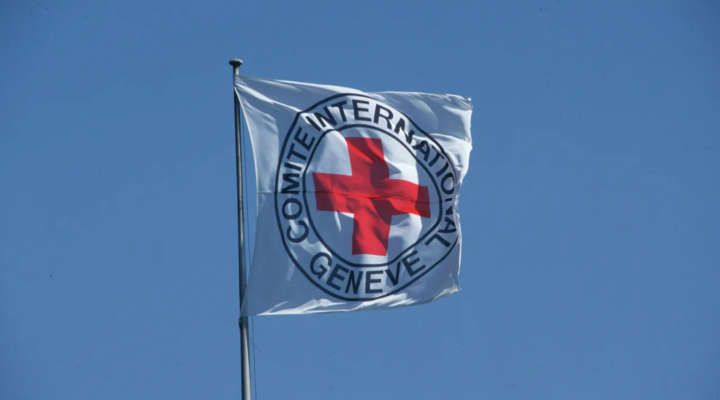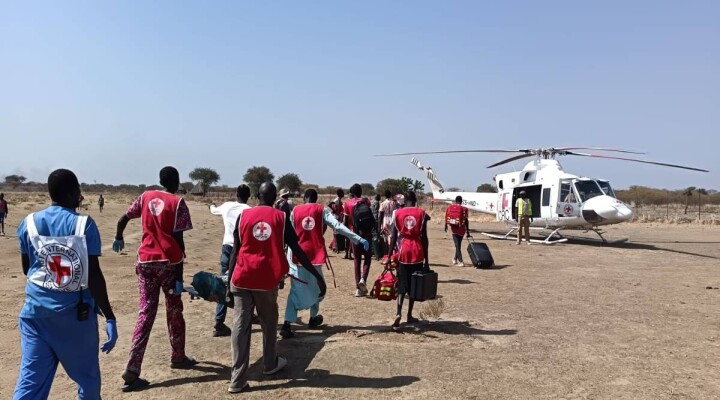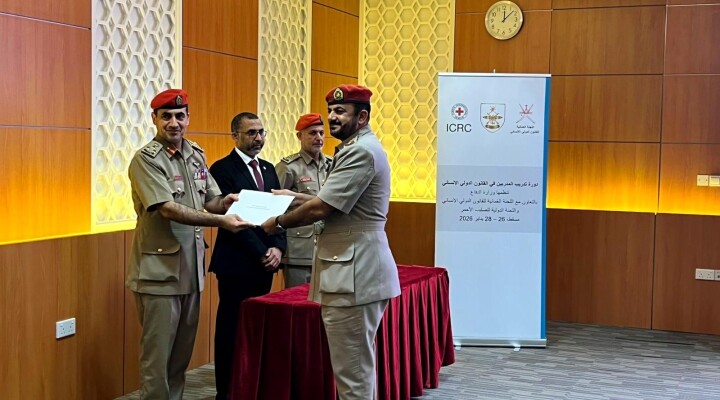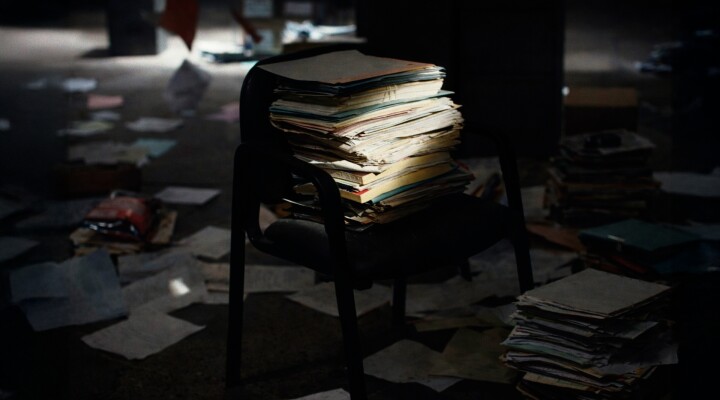Libya: Returnees to southern Tripoli face destruction on all levels
More than 20,000 people have returned to their homes near the former frontlines in the southern neighborhoods of Tripoli. After over a yearlong displacement, families came back to destroyed homes, scarce resources, and lack of key services.
“I returned to find my house destroyed, burnt, and stolen. There was nothing left in it,” said Ebrahim Al-Salem, a returnee who relied on loans from friends to repair his house and spent the first two months of his displacement sleeping on the beach with his family.
Crucial services such as electricity, water, and health have been heavily affected due to the fighting. “Electricity has only returned to 30% of the area,” said Khaled Al-Ghwili, a community representative in Al-Qabailya neighborhood of Ain Zara, southern Tripoli. “The closest healthcare facility is 10 kilometers away, and it only provides first aid and basic services”, he added.
In some areas, families were faced with the danger of returning to contaminated neighborhoods; littered with mines and unexploded munitions. “When we returned, the situation was very grim. We found rubble and unexploded ordnance everywhere,” said Abdulbasit a resident of Al-Khalatat neighborhood who moved with his family to five cities over a period of 16 months.
Years of instability and fighting has greatly affected the socio-economic fabric; many Libyans, especially returnees, are struggling in the middle of a crumbling economy. More people are losing their livelihoods, employees are not receiving their salaries, and many have resorted to loans from friends and family with no foresight on how to pay back. Protracted conflict, a deteriorating economic situation, in addition to COVID19 have eroded people’s ability to survive financially.
However, returnees are constantly finding ways to overcome the situation, “We help each other; one person has a generator, another person has experience in electricity, and so on; we try to join efforts and support each other,” said Abdulbasit. And as the school year approaches, residents of Al-Qabailya neighborhood volunteered to repair the community`s school. “The school is heavily damaged. The roof, walls, desks, electricity cables, everything is damaged,” said Ahmed, who volunteered to paint the school and help with other restoration work.
While the fighting in southern Tripoli has ended, those returning know that it will take many years before normality is restored. They follow news of the numerous deconflict mechanisms and peace process; holding tentative hopes that these talks could put an end to the prolonged conflict.
Note:
The ICRC has been assisting displaced persons from Ain Zara; some of whom returned to the area in order to help them cope with the situation.
For further information please contact:
Qusai ALAZRONI, ICRC Libya spokesperson, +216 5516 6657, qalazroni@icrc.org
Sarah Alzawqari, ICRC Middle East spokesperson, +961 3 13 83 53, salzawqari@icrc.org








